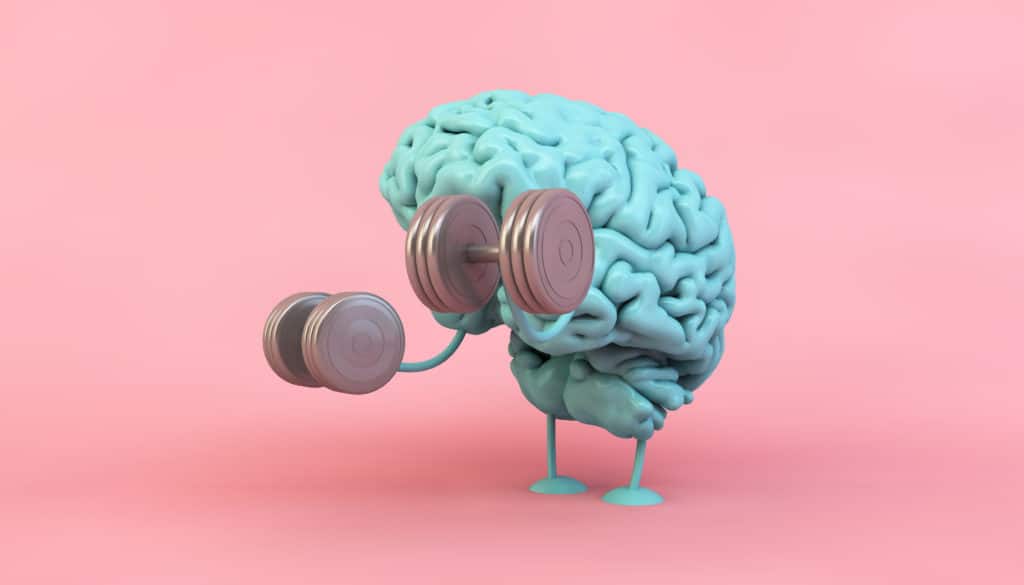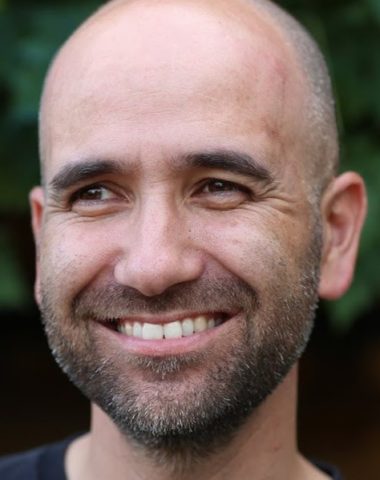How to cultivate critical thinking
- Critical thinking seems to be seen as a weapon against conspiracy theories, false information, and radicalisation.
- However, critical thinking remains difficult to define, leaving open the question of how it can be taught.
- Rather than “learning” critical thinking, it is more about “cultivating” it by nurturing attributes in people. For example, fostering the interest, motivation, and desire of students to become good critical thinkers, aiming for intellectual autonomy.
- With this in mind, we begin to better grasp the value of critical thinking education, particularly in terms how to avoid pitfalls such as motivated reasoning or failure to consider context of an argument.
For the past ten years, critical thinking has been a subject that has attracted much attention and reached politicians, resulting in a dramatic increase in the number of training courses for teachers in the national education system. A plausible hypothesis put forward by Denis Caroti, PhD in philosophy and lecturer, to explain this is in the occurrence of tragedies such as the 2015 attack in the Bataclan nightclub in Paris. Critical thinking seems to be perceived as a weapon; a tool to fight against certain things, such as conspiracy theories, false information, or radicalisation.
Empowering citizens
However, as Gwen Pallares, a lecturer in didactics of science, points out, “perceiving critical thinking as an instrument to fight against something limits its scope considerably. Education for critical thinking is above all about forming emancipated citizens.” So there seems to be a misunderstanding in the way we think of critical thinking.
Critical thinking is not a simple skill that can be learned. At least not in the same way that we learn to do maths. The question then is: what is critical thinking and, beyond learning skills, how can it be cultivated? This simple question makes the task much more difficult. But it must be tackled. Indeed, how can we teach something if we don’t even know what it is?
Sources that address the concept of critical thinking include three main streams: philosophical, psychological, and educational. All three have their own particularities. Philosophers are generally interested in what an ideal critical thinker would look like. Psychologists look at the cognitive processes we use to initiate so-called critical thinking. And, in education the focus is on more pragmatic elements involving complex skills such as argumentation and analysis.
Nevertheless, these three currents have a common objective. “Reflections on critical thinking in philosophy and psychology are generally turned towards pedagogical objectives. There isn’t a division between philosophers and psychologists on the one hand and educators on the other. They are all working towards a common goal – namely teaching critical thinking” explains Céline Schöpfer, a doctoral student in philosophy at the University of Geneva, who works on the topic of critical thinking and its definition.

A complex definition
When it comes to defining critical thinking, we usually turn to the consensus published in 1989 by Peter Facione and more than 40 experts on the subject1. The problem is that the definition becomes extremely long and loses its practical foundation. “This definition is complete and interesting from a philosophical point of view,” says Céline Schöpfer, “but it is not clear how teachers can use it in practice. Moreover, while everyone agrees on the existence of skills, dispositions, and knowledge necessary for the exercise of critical thinking, there are no clear lists.”
In policy discourses about critical thinking, the focus is usually on skills and knowledge. Exercises are rarely mentioned, probably because they are difficult to assess. Yet they are the major issue in critical thinking education. “We often have an idealistic view of the critical thinker who is isolated and critical of the world around them at all times and in all places. This is not at all consistent with reality. Some authors argue that the relational aspect of critical thinking, which is not mentioned enough, should be emphasised. Critical thinking is an epistemic activity that requires interaction with others and is not automatically triggered by the simple fact that we possess certain critical skills,” argues Céline Schöpfer.
Imagine you have a toolbox but you are not at all good at DIY. If a problem arises, you need to identify it first, which is not an easy task. Only then can you use the tools at the right time and in the right context turning to the appropriate techniques. In this metaphor, the tools are critical skills. Just as tools are useless if you have no interest in DIY, critical skills are absolutely useless if you are not prepared to use them properly.
Within these tools are epistemic virtues which is now a field of research: the epistemology of virtues. This field assumes that there are epistemic virtues and vices. In other words, certain character traits are understood as qualities (e.g. courage to question) in relation to knowledge formation, while others are understood as defects (e.g. intellectual laziness). The advantage of this discipline lies in the fact that its object of study is people, their development, their achievements. It is therefore similar to the educational stream and the teaching of critical thinking.
The pedagogy of critical thinking
A key element of a teacher’s success in imparting skills, dispositions and epistemic virtues is the use of an explicit approach. “Studying the history of science or having students conduct experiments is not enough. It is absolutely necessary to be explicit about points such as the difference between the measurements obtained by each group during an experiment, to give pupils the opportunity to question and discuss so that they develop a more critical view of how science works and become aware of certain essential aspects (for example, the distinction between a theoretical model and the empirical data on which it is based),” says Manuel Bächtold, a lecturer in educational sciences and a specialist in didactics of physics at the University of Montpellier.
On the virtues side, the teacher must first of all be a model for the pupils and use practical tools such as fictional works to encourage an explicit approach. “We shouldn’t hesitate to multiply fictional references (novels, series, films, etc.) so that the pupils can identify with cult characters and so that the teachers can discuss the way in which the characters react, always with this objective of verbalisation and explication,” stresses Denis Caroti.
All of this is integrated within strategies that have a common goal: to foster the interest, motivation, and desire of students to become good critical thinkers. That is, critical thinkers aiming at intellectual autonomy. These different approaches and strategies allow, according to several empirical studies, pupils to foster the development of epistemic beliefs towards an evaluative stage. The result is the acquisition of better skills, primordial dispositions, and the development of high-quality argumentation. Unfortunately, the question remains how to reconcile such science and critical thinking education whilst respecting the school curriculum.
For Manuel Bächtold, “there is a conflict between covering a wide range of knowledge content and equipping students with argumentative, methodological, dispositional, and critical skills through regular debate practice. If the range of knowledge to be covered is too wide, few teachers will have the luxury of organising debates in class.”
These elements make it easier to understand the value of critical thinking in education, particularly in terms of avoiding pitfalls such as motivated reasoning or the failure to consider the context and field of validity of an argument or piece of knowledge. As Céline Schöpfer points out, critical thinking education should not become its own enemy.


















